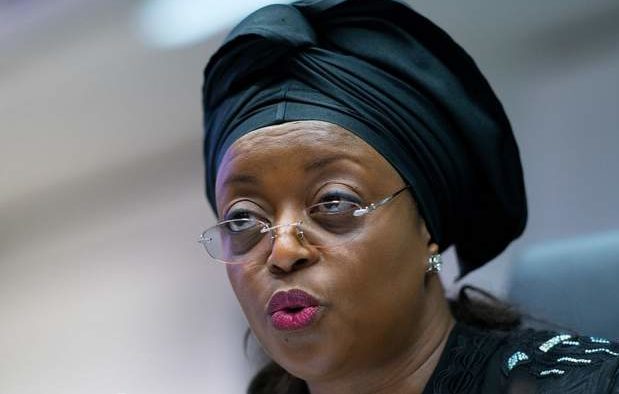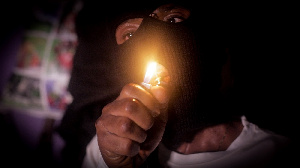Naira crashes as ‘Nigerians’ bet against their nation

There is no respite for the Nigerian local currency as the exchange rates continue to worsen due to scarcity of foreign currency inflows scarcity challenges. The Naira is enmeshed in an ugly foreign exchange crisis due to distortion despite efforts to stabilise exchange rates.
It is safe to say that devaluation has failed again as the naira wobbles to 1851 during an intraday trading session, data from the FMDQ platform show. The central bank had sold $100 million this week via interventions, bringing total interventions since the start of last week to $300 million.
With all the measures doled out by the apex bank, Nigeria’s import demand and foreign currency supply are yet to be balanced due to the activities of speculators who seek short-term benefits from negative exchange rate movements. The economy is partly dollarised and elites keep their wealth in foreign currency. Most Nigerians would bet against the naira if it means additional income.
Casting doubt on the policy efficacy, Nigeria’s uncomfortable devaluation has achieved nothing, adding pain to people who have not benefited from the country’s economic policies. After the largest devaluation under the current government, the naira has stuck at an average of N1500 at the official window with low potential for an upswing.
Across the forex markets on Thursday, the exchange rate depreciated despite the monetary fight to keep the naira stable. The apex bank through the instrumentality of the government stopped crypto exchange platforms from trading the local currency.
The move which critics tagged as desperate is to protect the naira from falling further after the FX rate pricing methodology shifted the currency curve. Some Nigerians are hell-bent on betting against the nation to make extra ‘bucks’ due to economic cracks.
“It is a tough time to be a Nigerian living in Nigeria. Everything has changed including the air we breathe. The Central Bank has plunged the nation into a mess due to its shifted priority under the previous administration – the cleaning process has also been messy, pushing both inflation and exchange rates upward”.
In peer-to-peer trading, some currency traders via the crypto exchanges, Binance, and OctaFX have continued to bet against the local currency by demanding for US dollar. The US dollar is seeing large demand not for immediate use but storage by Nigerians and other unknown hands via these crypto exchanges, and fintech platforms like Chippers.
These are the downside to exchange rate recovery in a nation that generates lower forex receipts via hydrocarbon sales with minuscule support from non-oil exports, analysts told MarketForces Africa. #Fitch Affirms Kenya at ‘B’ with Negative Outlook
“It’s like a nation betting against itself, people will win the speculative game unless the apex bank shifts focus to peer-to-peer crypto trading platforms where there are loopholes, an opportunity to speculate” Based on the latest swings, the gap between official and parallel market rates has reduced due to negative movement in Nigeria’s autonomous FX market.
The Naira depreciated by 1.86%, closing at N1,571.31 per US dollar in the official market. The exchange rate also worsened by 0.39% in the parallel market, closing at N1,809 per dollar on Thursday. In the global commodity market, Oil prices steadied on Thursday as Brent crude futures were down by 0.6%, to $82.51 a barrel. Nigeria’s crude oil grade was priced higher.
Also, the West Texas Intermediate (WTI) crude futures skidded by 0.7%, to $77.37 a barrel on the news of a big rise in U.S. crude inventories which offset the supportive impact of another attack on shipping near Yemen on Thursday.
Source: dmarketforces.com





